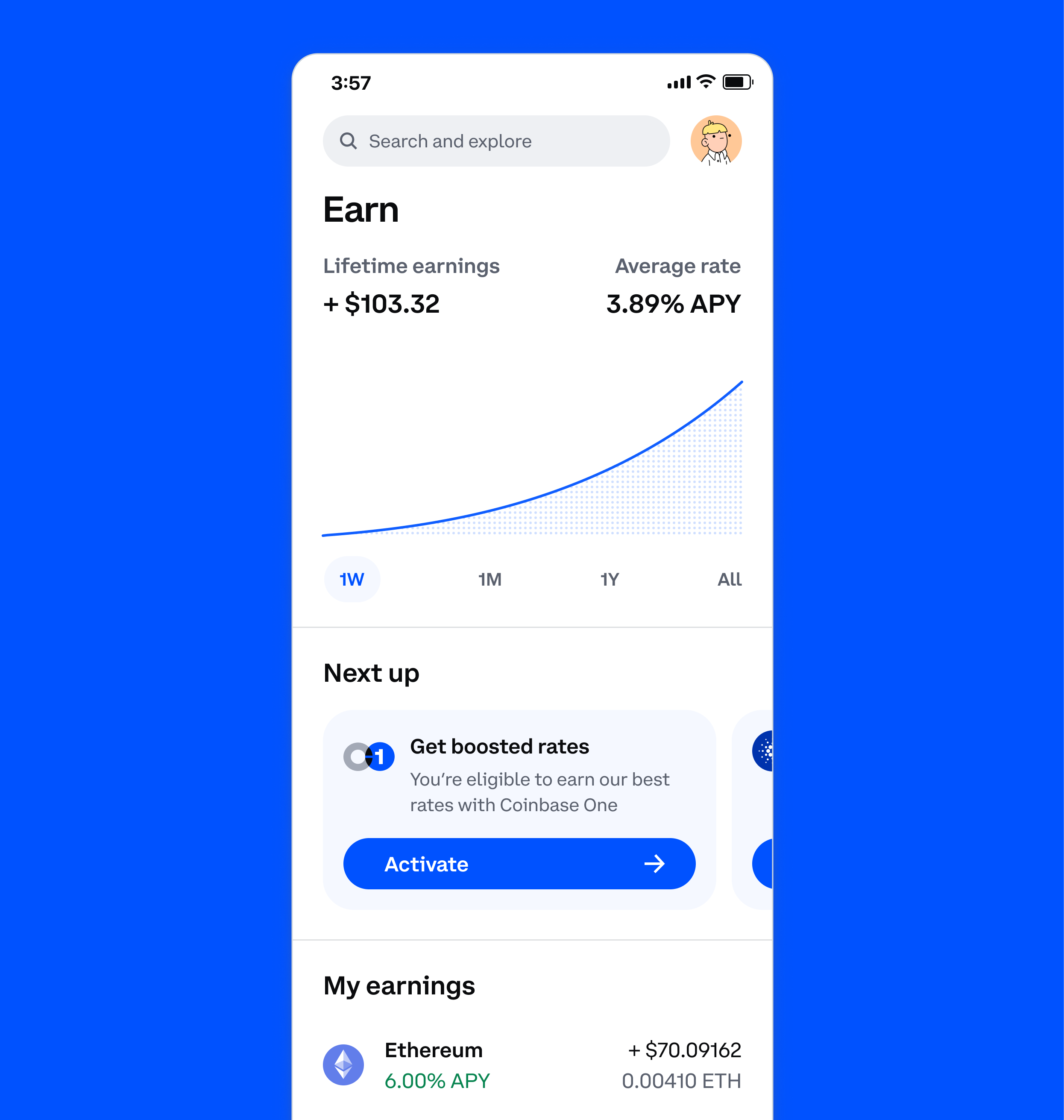Cryptocurrency is a digital or virtual currency that uses cryptography for security. It operates on decentralized networks via blockchain technology.
Cryptocurrencies like Bitcoin and Ethereum have revolutionized financial transactions. They offer a decentralized alternative to traditional banking systems, ensuring transparency and security. Users can earn cryptocurrencies through mining, staking, or trading. Mining involves solving complex algorithms to validate transactions, while staking requires holding coins in a digital wallet to support network operations.
Cryptocurrencies have various use cases, including online purchases, investments, and cross-border payments. They also enable smart contracts and decentralized applications (dApps), expanding their utility. Understanding the basic concepts and work cases helps in navigating this innovative financial landscape.
:max_bytes(150000):strip_icc()/ubi_definition_0825-1dedf6e7a0504a91a746c762849dd4b0.jpg)
Introduction To Cryptocurrency
Cryptocurrency is a form of digital money. It is secure and decentralized. People use it for online transactions.
History And Origin
Cryptocurrency began in 2009 with Bitcoin. Satoshi Nakamoto created Bitcoin. It solved problems with traditional money. More cryptocurrencies followed Bitcoin’s success.
Popular Cryptocurrencies
There are many cryptocurrencies today. Here are some popular ones:
- Bitcoin (BTC): The first and most famous cryptocurrency.
- Ethereum (ETH): Known for its smart contracts.
- Ripple (XRP): Used for fast and cheap bank transfers.
- Litecoin (LTC): Similar to Bitcoin but faster.
Cryptocurrencies are changing the world of finance. They offer new ways to handle money.
Blockchain Technology
Blockchain technology is the backbone of cryptocurrencies. It ensures secure and transparent transactions. This technology has revolutionized many industries.
How Blockchain Works
A blockchain is a digital ledger. It records all transactions across many computers. This ensures the data is secure and unalterable.
Each block contains a list of transactions. These blocks are linked together in a chain. Hence, the name “blockchain”.
Here is a simple step-by-step process:
- A transaction is made.
- The transaction is broadcast to a network of computers.
- These computers solve complex algorithms to verify the transaction.
- The transaction is added to a block.
- The block is added to the chain.
This process ensures transparency and security. No single entity controls the blockchain.
Decentralization Benefits
Decentralization means there is no central authority. This offers several benefits:
- Increased Security: No single point of failure.
- Transparency: All transactions are visible to everyone.
- Reduced Costs: No need for intermediaries.
Decentralization makes it hard for hackers to corrupt the system. It also ensures that data remains consistent and accurate.
Below is a table summarizing these benefits:
| Benefit | Description |
|---|---|
| Increased Security | No single point of failure. |
| Transparency | All transactions are visible to everyone. |
| Reduced Costs | No need for intermediaries. |
Blockchain technology and decentralization are key to cryptocurrency success.
How Cryptocurrencies Work
Cryptocurrencies are digital or virtual currencies secured by cryptography. This makes them nearly impossible to counterfeit or double-spend. They operate on decentralized networks based on blockchain technology. Here, we will break down the basic concepts of how cryptocurrencies work.
Mining Process
The mining process is essential for most cryptocurrencies. Miners use powerful computers to solve complex mathematical problems. This process validates and adds transactions to the blockchain. Miners are rewarded with new coins for their work.
| Step | Description |
|---|---|
| 1 | Transaction Initiation |
| 2 | Block Creation |
| 3 | Complex Problem Solving |
| 4 | Block Validation |
| 5 | Reward Distribution |
Transaction Verification
Transaction verification is another critical aspect of cryptocurrency. Each transaction is verified by network nodes. This ensures the transaction is valid and the sender has enough balance. Verified transactions are added to the blockchain, creating a transparent ledger.
- Step 1: A user initiates a transaction.
- Step 2: The transaction is broadcasted to the network.
- Step 3: Nodes validate the transaction.
- Step 4: The transaction is added to a new block.
- Step 5: The block is added to the blockchain.
Both the mining process and transaction verification are crucial for the functioning of cryptocurrencies. They ensure security, transparency, and decentralization.

Ways To Earn Cryptocurrency
Cryptocurrency has become a popular way to earn digital money. Many people are searching for ways to earn cryptocurrency. Here are some effective methods to get started.
Mining
Mining is a popular way to earn cryptocurrency. It involves solving complex mathematical problems. Miners use powerful computers to do this. The first miner to solve the problem gets a reward. This reward is in the form of cryptocurrency. Mining can be done solo or in groups called mining pools.
- Requires powerful hardware
- Consumes a lot of electricity
- Can be very profitable
Staking
Staking is another way to earn cryptocurrency. In staking, you hold coins in a wallet. These coins support the network’s operations. In return, you get rewards. Staking is less resource-intensive than mining. It’s also easier to set up.
- Requires holding coins in a wallet
- Supports network operations
- Earn rewards over time
Airdrops
Airdrops are free distributions of cryptocurrency. Companies give them to promote a new coin. You might need to complete simple tasks. These tasks can include joining a Telegram group or following on Twitter.
- Free distribution of coins
- Tasks may be required
- Great for beginners
Trading
Trading is buying and selling cryptocurrencies. The goal is to buy low and sell high. This can be done on cryptocurrency exchanges. Trading requires knowledge and strategy. It can be risky but also very rewarding.
- Buy low, sell high
- Requires strategy and knowledge
- Can be risky but rewarding
Cryptocurrency Wallets
Cryptocurrency wallets are essential tools for managing digital assets. They allow users to store, send, and receive digital currencies securely. Understanding these wallets is crucial for anyone interested in cryptocurrencies.
Types Of Wallets
There are different types of cryptocurrency wallets, each with unique features. Let’s explore the main types:
- Hardware Wallets: Physical devices that store private keys offline. They are very secure.
- Software Wallets: Applications that can be installed on computers or mobile devices. They are easy to use.
- Paper Wallets: Physical documents with printed private keys and QR codes. They are simple but less convenient.
- Online Wallets: Web-based wallets that store private keys on a server. They are accessible but less secure.
Setting Up A Wallet
Setting up a cryptocurrency wallet is a straightforward process. Here are the steps:
- Choose the type of wallet you need.
- Download the wallet software or purchase a hardware wallet.
- Follow the instructions to install the software or set up the hardware device.
- Create a strong password for your wallet.
- Backup your wallet’s private keys securely.
Once set up, you can start receiving and sending cryptocurrency. Always keep your private keys safe. Losing them means losing access to your funds.
Security Measures
Cryptocurrency offers exciting opportunities, but it also comes with risks. Understanding security measures is essential to protect your investments. This section covers how to safeguard your assets and avoid scams.
Protecting Your Assets
Storing your cryptocurrency safely is crucial. Here are some ways to protect your assets:
- Use a Hardware Wallet: These are physical devices that store your private keys offline. This makes them immune to online hacking attempts.
- Enable Two-Factor Authentication (2FA): Add an extra layer of security to your accounts. Use apps like Google Authenticator for better protection.
- Keep Software Updated: Ensure your wallet and antivirus software are up-to-date. This helps defend against the latest threats.
- Backup Your Wallet: Regularly backup your wallet to an external device. Store these backups in a secure location.
- Use Strong Passwords: Create complex passwords for your accounts. Avoid using the same password for multiple sites.
Avoiding Scams
Scams are common in the crypto world. Here are some tips to avoid them:
- Research Before Investing: Always research a project or token before investing. Look for reviews and expert opinions.
- Beware of Phishing: Scammers often use fake websites and emails. Always double-check URLs and avoid clicking on suspicious links.
- Ignore Unrealistic Promises: Be cautious of offers that promise high returns with little risk. If it sounds too good to be true, it probably is.
- Verify Contacts: Only interact with official support channels. Scammers often pose as customer service representatives.
- Use Reputable Exchanges: Trade on well-known and trusted exchanges. Avoid unknown platforms with little to no reviews.
By following these security measures, you can protect your cryptocurrency investments and avoid potential scams.
Real-world Use Cases
Cryptocurrencies are more than just digital money. They have real-world applications that impact various industries. Let’s explore how they are used in daily life and business.
Payments And Transactions
Cryptocurrencies like Bitcoin and Ethereum make payments easy and fast. People use them to buy goods and services online. Some stores even accept them in physical shops. These payments are secure and do not need banks.
Here is a table showing popular cryptocurrencies and their uses:
| Cryptocurrency | Use Case |
|---|---|
| Bitcoin | Online purchases, investments |
| Ethereum | Smart contracts, decentralized apps |
| Litecoin | Faster transactions, lower fees |
Smart Contracts
Smart contracts are special programs on the blockchain. They automatically execute actions when certain conditions are met. These contracts do not need middlemen, which saves time and money. They are used in various fields like law, real estate, and finance.
- Law: Automate legal agreements
- Real Estate: Simplify property sales
- Finance: Manage loans and insurance
Decentralized Finance (defi)
DeFi stands for Decentralized Finance. It uses blockchain technology to recreate financial systems. DeFi allows people to lend, borrow, and trade without banks. This system is open to everyone and is very secure.
Here are some key features of DeFi:
- Lending: Earn interest by lending your cryptocurrency.
- Borrowing: Get loans without traditional banks.
- Trading: Trade cryptocurrencies on decentralized exchanges.
Future Of Cryptocurrency
The future of cryptocurrency is a hot topic today. Many people are curious about where it is headed. Some see it as the future of money. Others think it might not last. Let’s explore what might happen next.
Regulatory Challenges
Governments around the world are paying attention to cryptocurrency. They want to make sure it is safe for everyone. Regulations can help prevent fraud and protect users. But too many rules might slow down innovation.
Some countries have strict rules. They make it hard for people to use cryptocurrency. Other countries are more open. They welcome new ideas and technology. This creates a mixed picture for the future.
Here is a table showing how different countries approach cryptocurrency:
| Country | Regulation Level | Impact |
|---|---|---|
| USA | High | Mixed |
| Japan | Medium | Positive |
| China | Very High | Negative |
| El Salvador | Low | Positive |
Potential Innovations
Cryptocurrency is not just about money. It is about technology and innovation. New ideas are coming up every day. These ideas can change how we use money and technology.
One big idea is smart contracts. These are agreements that work automatically. They don’t need a middleman. This can make transactions faster and cheaper.
Another idea is DeFi or decentralized finance. This system lets people borrow and lend money without a bank. It is all done through technology. People have more control over their money.
Here are some potential innovations in cryptocurrency:
- Smart Contracts
- DeFi (Decentralized Finance)
- Stablecoins
- Blockchain Interoperability
These innovations could make cryptocurrency even more useful. They could change how we live and work.

Frequently Asked Questions
What Are The Basic Concepts Of Cryptocurrency?
Cryptocurrency is a digital currency using blockchain technology for secure transactions. It operates on decentralized networks, ensuring transparency and security. Key concepts include mining, wallets, and private keys. Popular examples are Bitcoin and Ethereum.
How Does Cryptocurrency Work In Simple Terms?
Cryptocurrency uses blockchain technology to enable secure, decentralized transactions. Users store and transfer digital assets via cryptographic keys.
How Does Crypto Earning Work?
Crypto earning involves gaining income through activities like mining, staking, trading, or lending cryptocurrencies. You can also earn by participating in airdrops or yield farming. These methods require varying levels of investment and technical knowledge. Always ensure you understand the risks involved.
Can You Make $100 A Day With Crypto?
Yes, you can make $100 a day with crypto. It requires significant investment, market knowledge, and timely trades. Always consider the risks.
Conclusion
Cryptocurrency offers a revolutionary way to handle digital transactions. Its potential for earning and diverse use cases are vast. Understanding its basic concepts can help you navigate this evolving landscape. Embrace cryptocurrency to stay ahead in the digital economy. Start exploring its benefits and opportunities today.

